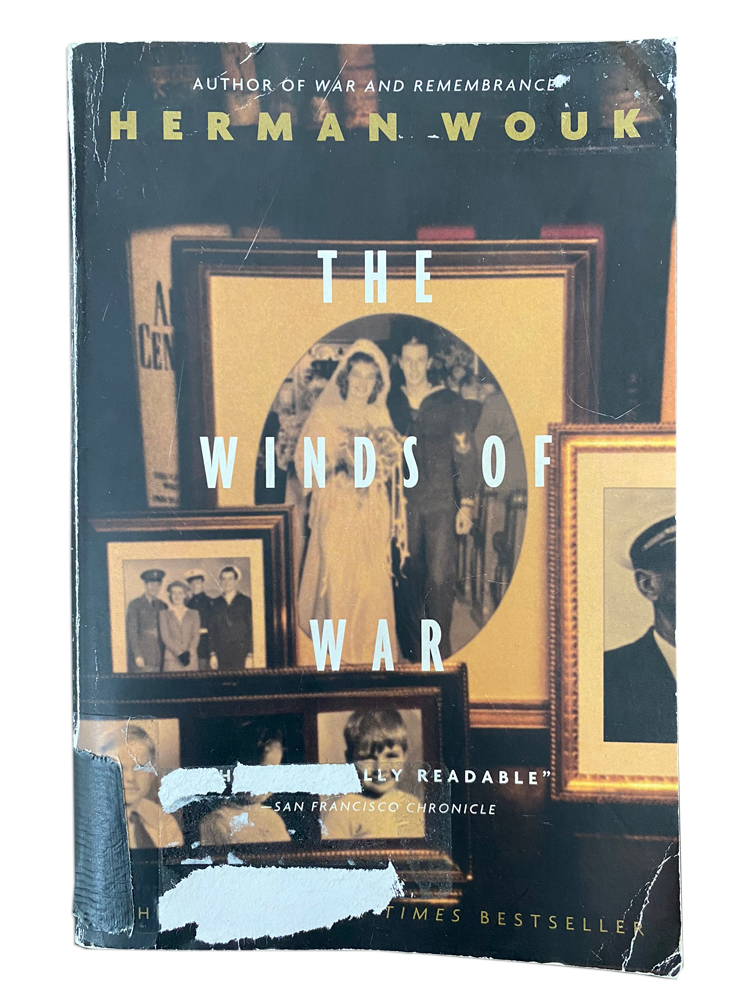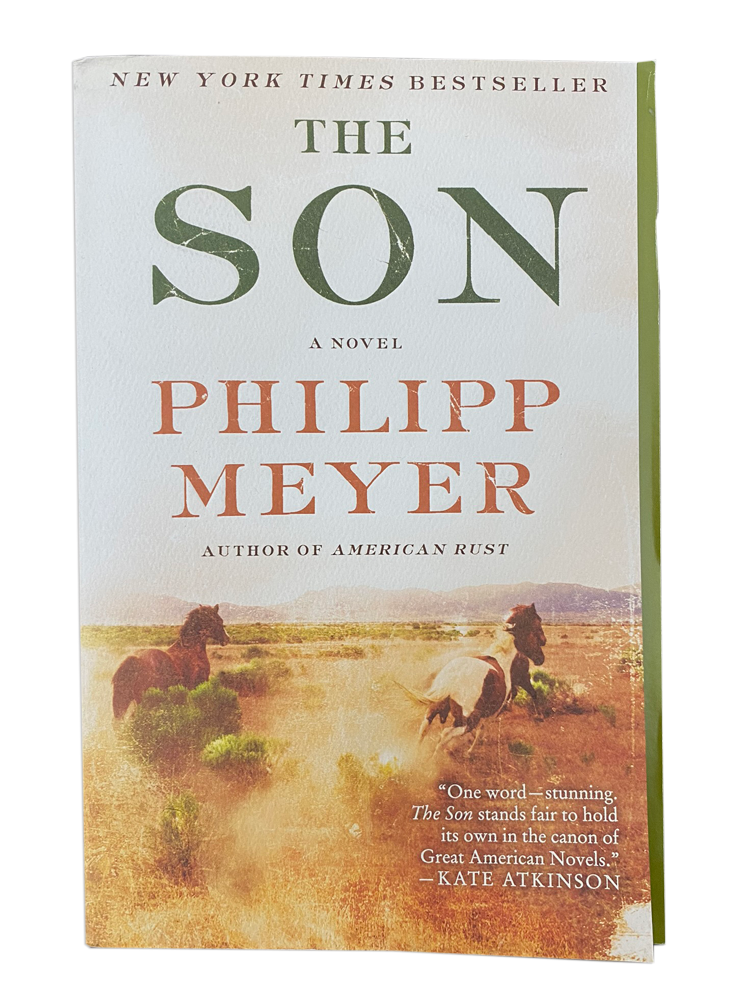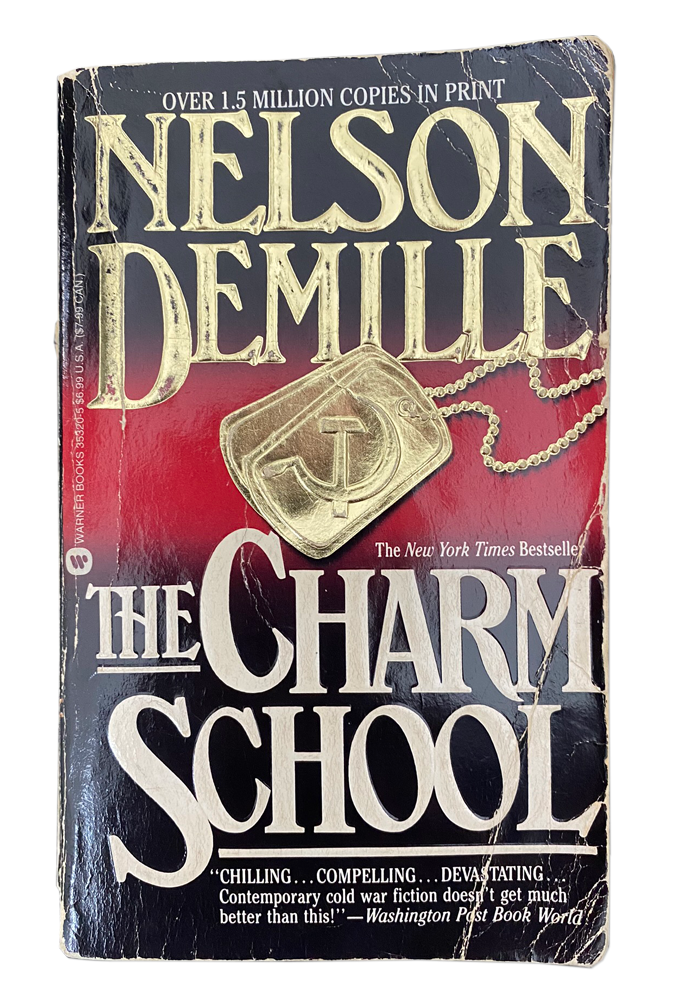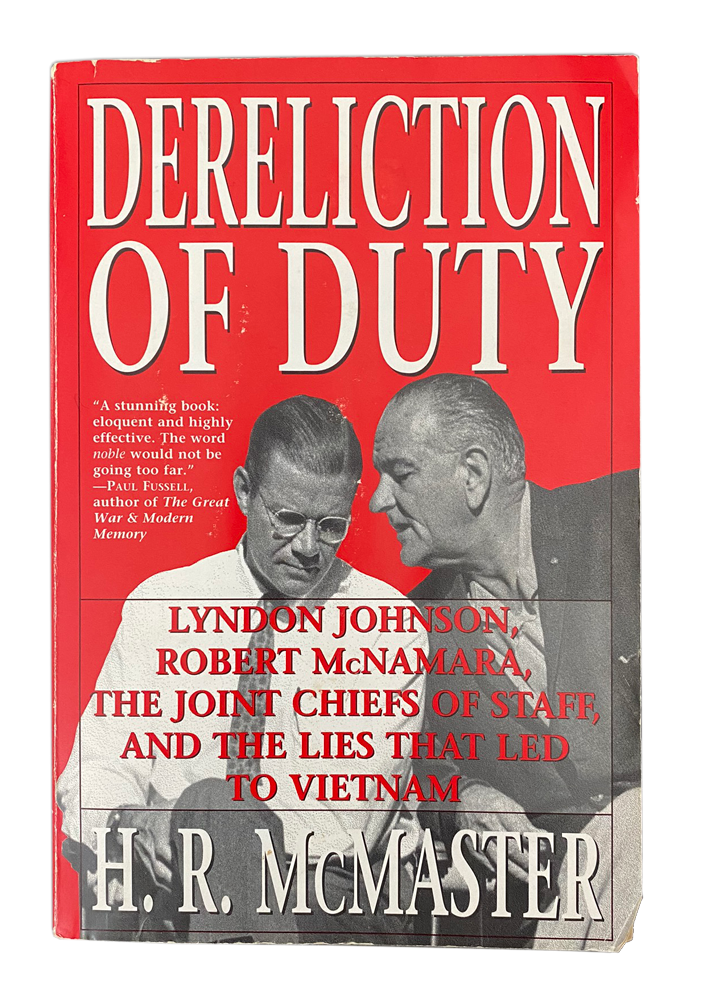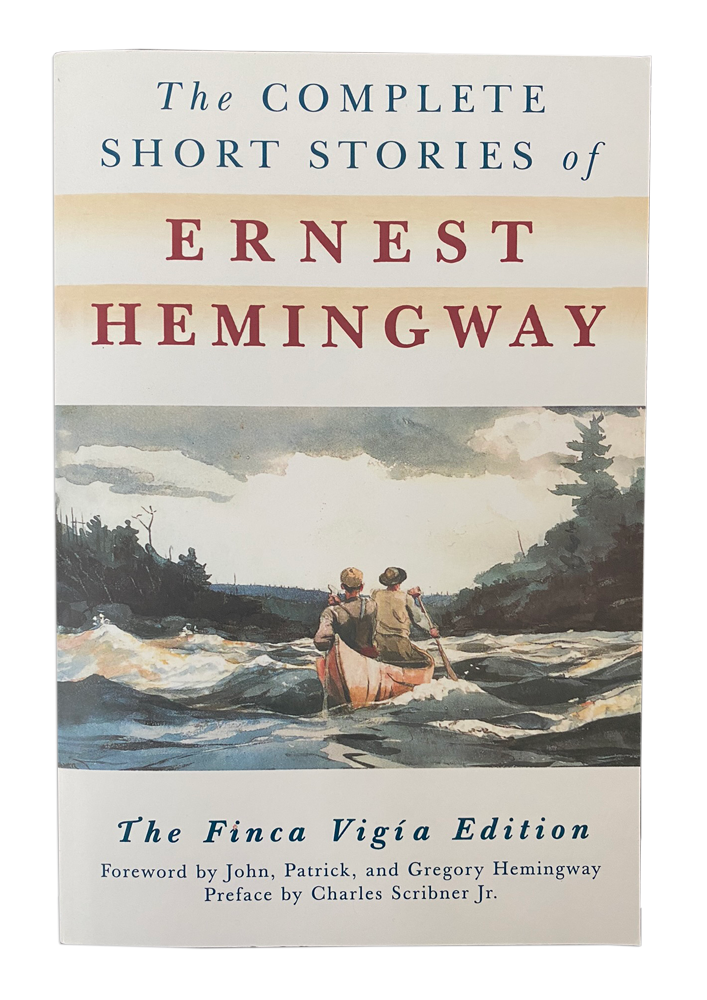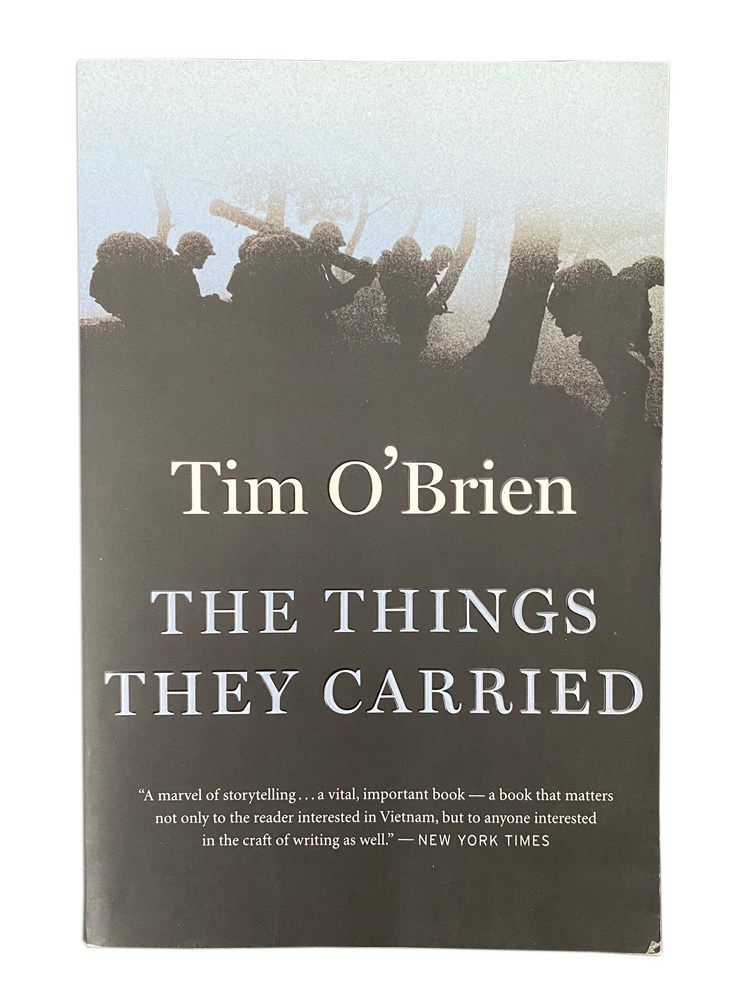JACK CARR READING LIST
February 2020
February Jack Carr Reading List
It is time for the February reading list! The books I highlight in my monthly reading lists are part of my experience. I read and processed them at different stages along my path but each and every one of them is meaningful to me and holds a special place in my heart. They are much like old friends and I look at them and treat them as such which is why I respect them and hold them in such high regard. In no small measure, they have each contributed to the leader I was in the SEAL Teams and the writer I am today. I will forever be grateful for the time spent in their pages and to the lessons contained therein. There is a magic in reading I was fortunate enough to be introduced to early in life. I still feel that magic today. Enjoy!
For additional details on the books, why I think they are important, and the impact they had on my development as a combat leader and writer, keep reading. This blog is for you.
February reading list:
- The Winds of War by Herman Wouk
- The Son by Philipp Meyer
- The Charm School by Nelson DeMille
- Dereliction of Duty by H.R. McMaster
- The Short Happy Life of Francis Macomber by Ernest Hemingway
- The Things They Carried by Tim O’Brien
There is nothing I like more than discussing books and reading. I look forward to sharing my thoughts!
The Winds of War by Herman Wouk
I was introduced to Herman Wouk’s The Winds of War through the 1983 miniseries of the same name. I already knew that one day I would serve my country in uniform and was drawn to books, movies, and television programs with military themes. I still remember watching The Winds of War with my parents and asking them all sorts of questions about World War II. I had a solid base knowing my grandfather had been killed in the waning days of the war in the Pacific. He flew the F4U Corsair and was the earliest influence on the path my life would take.
Today it is hard to fathom that at the time of its airing, we were not yet forty years removed from the end of that conflict. A few years later I would read Herman Wouk’s novel for the first time. It remains one of my top five recommended novels of all time. I’d read it while backpacking through Europe, visiting many of the places described in its pages. Historical fiction is a fantastic way to pass on the lessons of history, and The Winds of War is among the very best. If you have not read this captivating novel that follows the Henry Family from 1939 up to the attack on Pearl Harbor, I highly recommend you stop reading this and get to know them through the events that would pull the United States into the Second World War.
The Son by Philipp Meyer
One of, if not my favorite novel of the past few years, The Son by Philipp Meyer, is the story of Texas and to a greater extent, of the American West through the eyes of a family carving their legacy in blood. The non-linear storyline and changing perspectives through the use of multiple protagonists only add to the captivating writing. It was adapted by AMC for a series starring Pierce Brosnan which I thought was extremely well done. The Son is one of those novels you will wish you could read again for the first time. “When the sun came up, we discovered a boy of nine years. We left him as a witness. At noon we reached the river and saw the boy had followed us with his bow – for twenty miles he had kept up with men on horseback – for twenty miles he had been running to his death. A child like that would be worth a thousand men today. We left him standing on the riverbank. As far as I know he is looking for me yet.”
The Charm School by Nelson DeMille
The Charm School by Nelson DeMille is one of my all-time favorite thrillers. I have such fond memories of reading this in my youth, dreaming of one day serving my country and then writing books like the very one I held in my hands. The Charm School was so good and so impactful that I have not read it since it came out for fear that TOE, or time on earth, might have distilled some of its magic. I worry that a second reading at this stage in my life might taint the memory I have of falling in love with it over thirty years ago. I still have my original copy, a gift from my grandmother with her handwriting inside the front cover, pages yellowed by time; in those pages are an adventure I’ll never forget.
Dereliction of Duty by H.R. McMaster
When asked to put together a professional reading list for the SEAL Teams, I jumped at the chance! Dereliction of Duty by H.R. McMaster was one of the first books on that list. I read it during my Troop Commander tour at SEAL Team 7 and noted more than a few similarities between what McMaster describes so poignantly in his book and the policies I was on the receiving end of as we wound down our experience in Iraq in 2011. Written when the author was an Army Major and based on his doctoral thesis, H.R. McMaster would later be promoted to Lieutenant General and serve as National Security Advisor before accepting an academic position at Stanford. This is a work that will make you think twice before blindly trusting your government or taking them at their word when they classify something “top secret.” The subtitle of the book is telling: Lyndon Johnson, Robert McNamara, The Joint Chiefs of Staff, and the Lies that Led to Vietnam. Dereliction of Duty is required reading for all Americans, especially those who commit our sons and daughters to war.
The Short Happy Life of Francis Macomber by Ernest Hemingway
My favorite of Hemingway’s short stories. The theme, the setting, the characters, and the language are all quintessential Hemingway. If you’ve been hesitant to pour a whisky and settle in with one of Papa’s longer works, The Short Happy Life of Francis Macomber is a good place to start. I won’t ruin it, suffice to say that there is intentionally not a comma between “Short” and “Happy.”
The Things They Carried by Tim O’Brien
I read The Things They Carried by Tim O’Brien shortly after it was published in 1990 and revisited it during my own wartime experience. Its blend of fiction, non-fiction, historical fiction, and memoir was something unique in my reading experience. In 1990, I had read everything I could read about Vietnam, which I recognized as a watershed period in U.S. special operations history. I had studied both firsthand accounts and academic histories, but I had not read a book as unique in its presentations of men at war as I found in the pages of The Things They Carried. It felt like poetry. Based on his personal experience, O’Brien crafted one of the most enduring and preeminent works on Vietnam ever written, a work that remains tender, chilling and agonizing when read today.

